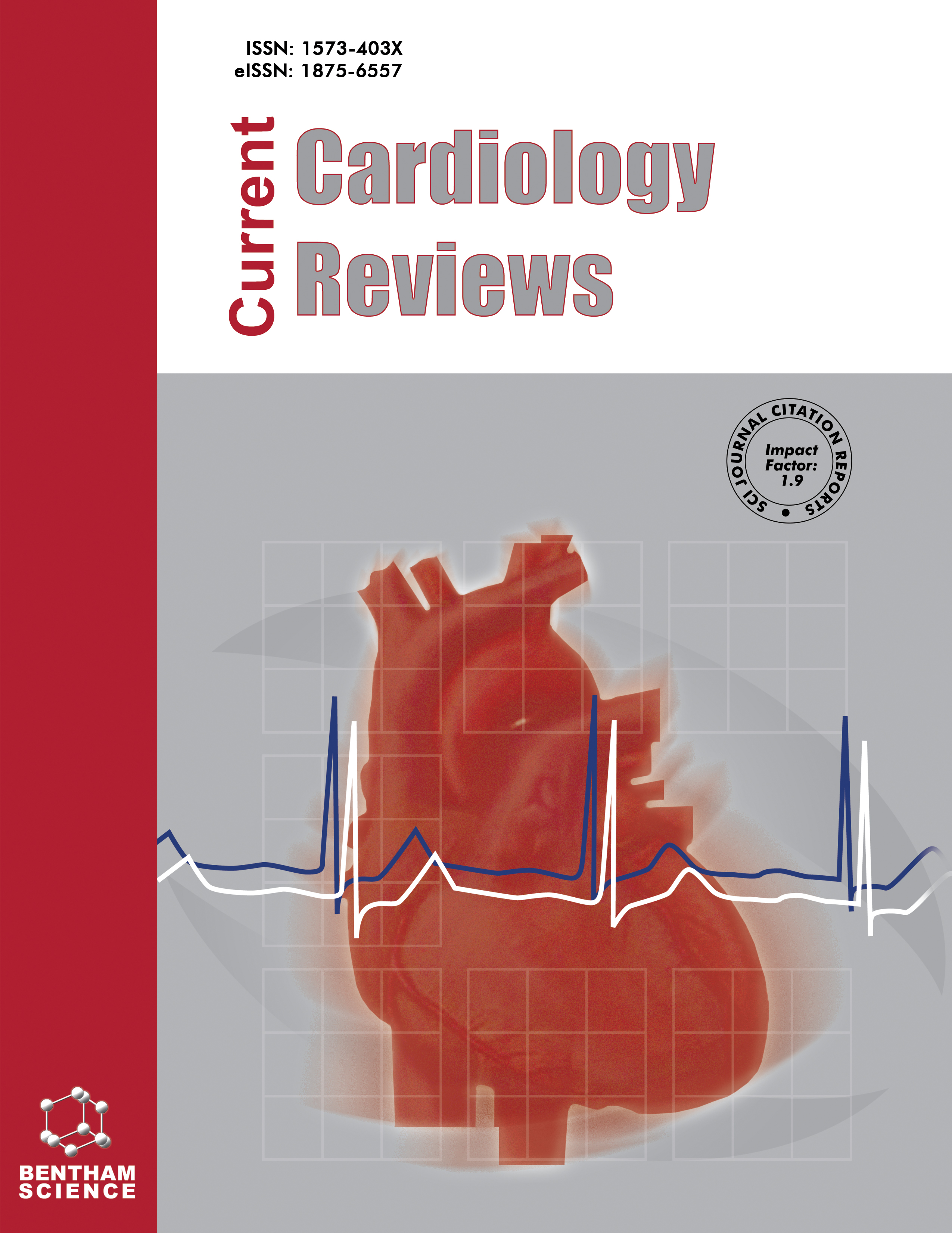
Full text loading...
Cancer immunotherapy is based on immune checkpoint inhibitors (ICIs) and has brought a revolution in oncology with promising treatment possibilities for diverse cancers. Yet, immune-related adverse events (irAEs) frequently limit the clinical efficacy of ICIs, with cardiotoxicity representing a significant salient consequence. These ICI side-effects underscore the need for well-established models for the assessment of cardiac risk. This review proposes a risk evaluation strategy that uses biomarkers, non-invasive imaging, and individual patient data. The goal is to elucidate the mechanism through which immune-related adverse events affecting the heart might arise, and the need for predictive tools to better tailor treatment regimens to increase both safety and efficacy. Biomarkers play a vital role in the detection and prevention of heart-related side effects, which means adequate intervention while preserving therapeutic outcomes. Moreover, the study discusses the acknowledgement of novel treatment regimens and the ability of integration of artificial intelligence (AI) and machine learning (ML) to improve the assessment of risk. AI/ML tools are experts at synthesizing heterogeneous datasets to reveal patterns and risk factors, providing clinicians with powerful capabilities to enhance safety and efficacy. This paper aims to develop sound risk assessment models to enhance both the safety and efficacy of cancer immunotherapies by exploring various strategies and interactions in immunotherapy.

Article metrics loading...

Full text loading...
References


Data & Media loading...

